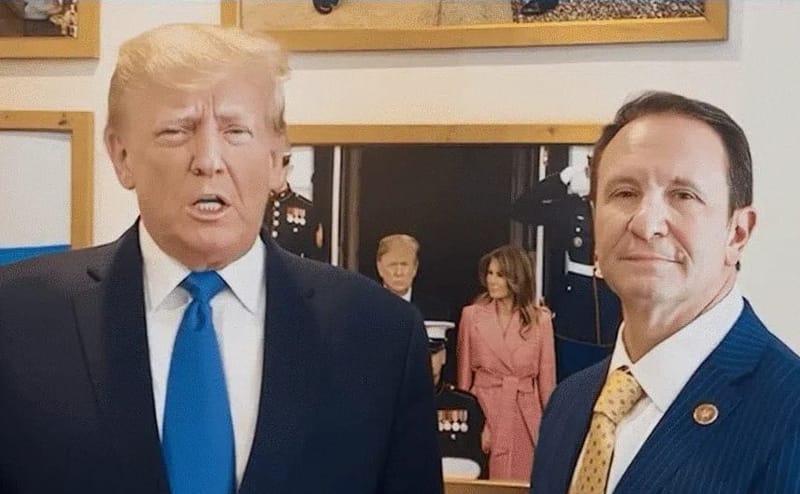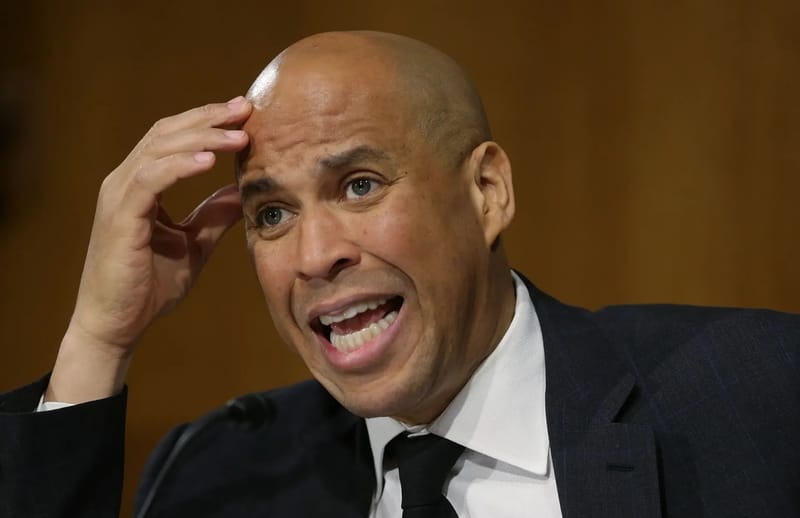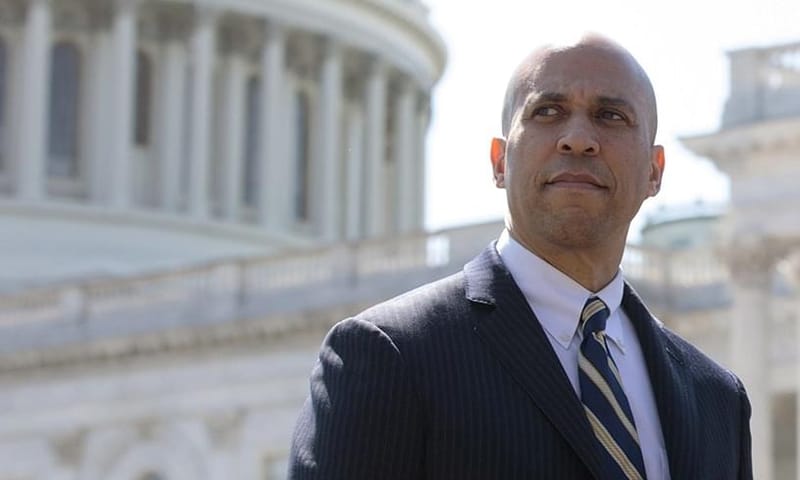Supreme Court to Rule on Trump Immunity as Term Concludes

WASHINGTON, D.C. — The Supreme Court is poised to decide on Monday whether former President Donald Trump possesses immunity from criminal prosecution. This landmark ruling follows a recent decision that casts doubt on charges against hundreds of January 6 rioters and Trump himself.
Trump's request to the court is sweeping: he seeks to have his federal January 6 case dismissed based on claims of immunity. Although the court may deny Trump’s broad request, some justices indicated during April arguments a willingness to provide some form of immunity for former presidents.
Justice Neil Gorsuch, one of the court’s six conservatives, noted in April, "The question becomes... how to segregate private from official conduct that may or may not enjoy some immunity."
Supreme Court Rulings on January 6 and Trump
This decision arrives on the heels of a significant ruling on Friday related to January 6. The court limited the use of the obstruction of an official proceeding charge, which had been applied to many Capitol rioters. Reacting to this decision, Trump wrote on Truth Social, “Big News!”
The ruling also follows Thursday's presidential debate, where President Biden's performance left some Democrats anxious about the upcoming November election, fearing Trump might secure another term in the White House.
The Supreme Court usually wraps up its summer decisions by the end of June, but it extended its term to address Trump’s case. Chief Justice John Roberts announced on Friday that all remaining opinions would be released on Monday starting at 10 a.m. EDT. Along with the immunity decision, rulings on three other cases are expected.
Trump's Legal Strategies and Supreme Court Deliberations
In April, the justices extensively debated which actions of a president might qualify for immunity versus personal actions that would not. Trump's legal team controversially suggested that even an order for the assassination of a political rival could be protected.
While such an extreme outcome is unlikely, a nuanced ruling could still benefit Trump, who has consistently sought to delay his legal proceedings. The court might establish a test for immunity, sending the case back to Judge Tanya Chutkan in the district court to determine if Trump’s actions fit the criteria.
This could lead to prolonged litigation, potentially resulting in another appeal to the Supreme Court if Chutkan rules against Trump’s immunity.
Since the oral arguments in April, Trump has frequently mentioned his immunity defense on Truth Social. However, the topic was absent from Thursday’s presidential debate due to the pending decision.
Impact on January 6 Charges and Future Cases
On Friday, the court further complicated Trump's legal challenges by siding with a January 6 defendant fighting the same charge Trump faces in the election interference case. Five conservative justices, joined by liberal Justice Ketanji Brown Jackson, ruled that the Justice Department had overreached, affecting over 300 January 6 cases.
Trump faces charges under the same law, Section 1512(c)(2), to which he has pleaded not guilty. The court's ruling remanded the case of Joseph Fischer, a former police officer involved in the Capitol riot, back to a lower court for reconsideration.
In a concurring opinion, Jackson clarified that the ruling does not eliminate prosecutions under Section 1512(c)(2), stating that the charge “remains available” for lower courts to evaluate.
Other Supreme Court Decisions to Watch
Beyond Trump’s immunity case, the Supreme Court will also decide on the constitutionality of social media laws in Florida and Texas, which limit content moderation on large platforms amid conservative censorship concerns. Additionally, the court will rule on when the statute of limitations begins for challenges to government regulations under the Administrative Procedure Act, a case closely watched by anti-regulatory advocates.






